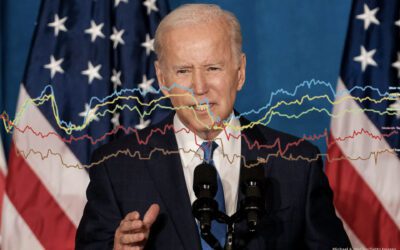Voters take the long view, seeing the need for both a commitment to a 21st century economy and long-term strategies to reduce the deficit. These are complimentary, not exclusive goals. Progressives need to show they are serious about the deficits, but once they do, voters turn to them, not conservatives, for the right spending priorities and answers.
At this difficult moment for the struggling economy and country, voters show an uncommon common sense about the choices ahead. For sure, they are concerned about deficits and what impact that will have on future job creation and key obligations, like Social Security. But they are as intent on learning politicians’ plans for investing in new industries and rebuilding the country as they are on learning their plans to reduce the deficit over the next five years. They think they know how we got into this mess – foreign wars and bailouts – and are determined that the highest income earners and big banks finance deficit reduction, not the middle class through Social Security and Medicare cuts or a national sales tax.
Voters take the long view, seeing the need for both a commitment to a 21st century economy and long-term strategies to reduce the deficit. These are complimentary, not exclusive goals. Progressives need to show they are serious about the deficits, but once they do, voters turn to them, not conservatives, for the right spending priorities and answers. Voters are united on this key point: Social Security and Medicare are off-limits as a way to reduce the deficit. It is the threat to Social Security that leads many voters to prioritize deficit reductions. Voters instead want to see higher taxes on top income earners and big corporations. As Social Security celebrates its 75th anniversary this week in the midst of this troubled economy, voters across the political divide want these programs defended.




